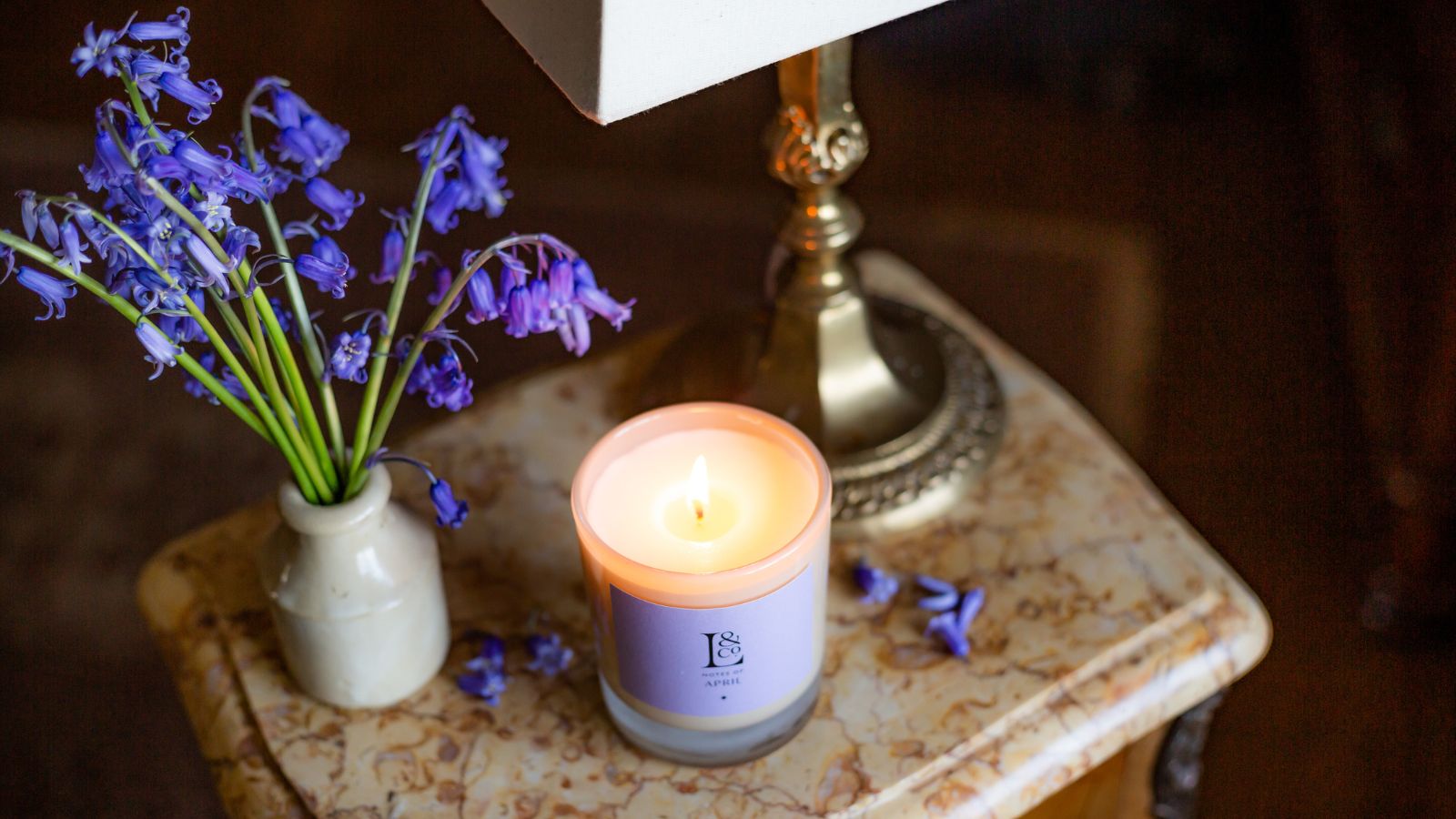
Chores always feel, well, like a chore, because there will usually be something we’d much rather do than scrub the bathroom or declutter closets. But that doesn’t mean we have to slog through it, forcing our bodies to work against our brains, only to end up with sub-par results and a growing hatred for chores.
To help break that frustrating cycle, productivity experts and professional cleaners have shared their top cleaning tips for hacking your brain and making chores feel less taxing, so you can power through your to-do list with ease.
6 ways to hack your brain to make chores easier
1. Listen to something as you work
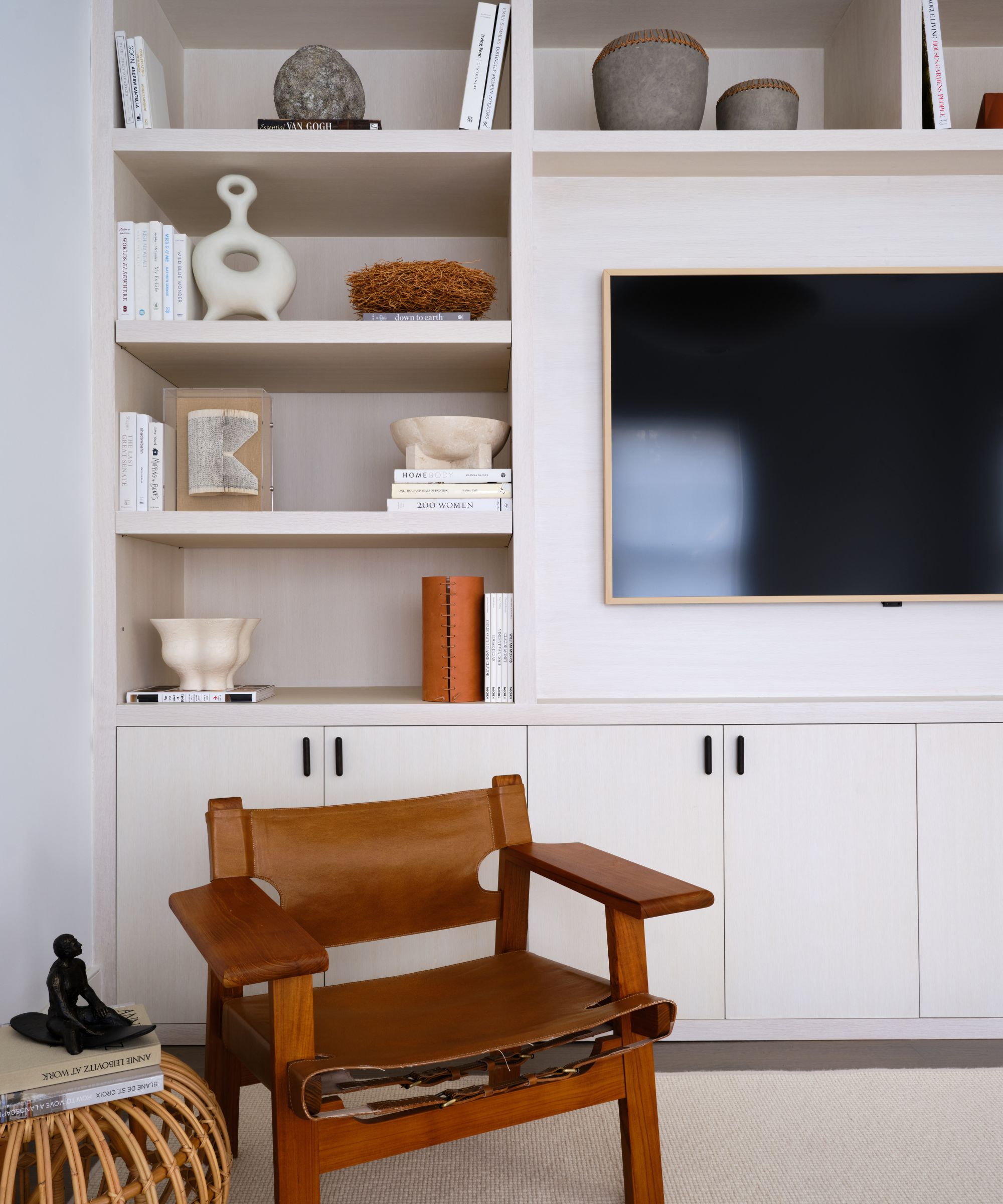
One of the best ways to banish procrastination is to make cleaning fun, mixing it with things you would rather be doing such as listening to music or watching TV. This way, you feel less like you are ‘giving up’ your downtime for chores.
Melissa Legere, licensed marriage and family therapist, co-founder, and COO at California Behavioral Health explains, ‘When your mind is focused on something enjoyable – like a favorite movie, a good audiobook or a fun playlist – your hands can go on autopilot. You’re still getting things done, but it doesn’t feel as tedious because your attention is elsewhere. Before you know it, you’re done cleaning, and it didn’t feel nearly as exhausting.’
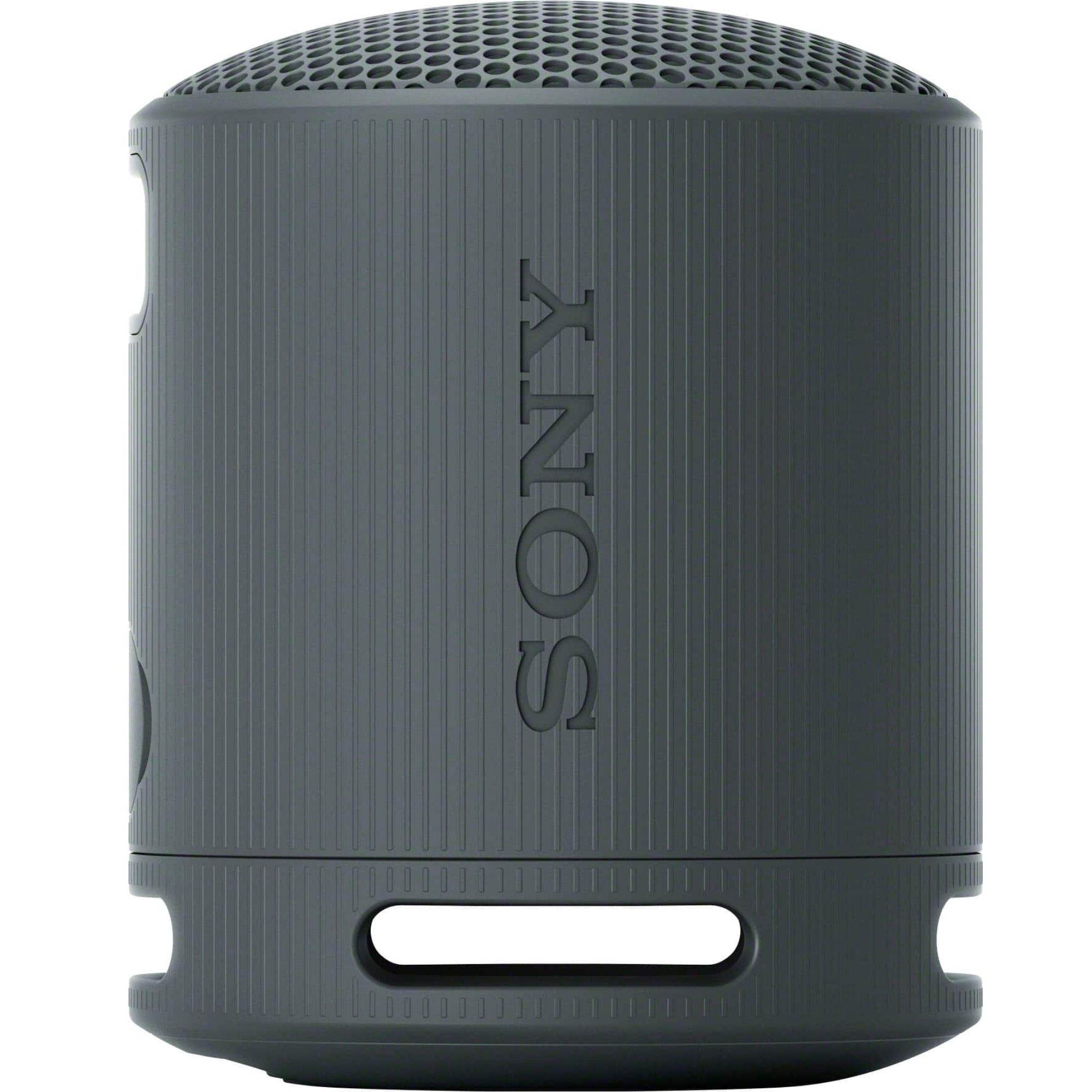
This highly-rated Bluetooth speaker can help make chores a little more fun. Dustproof, waterproof and with 16 hours battery life, this handy portable speaker with strap means it's safe for use all over your home to play music as you work.

I recently invested in these Sony noise-cancelling headphones and I now find it so much easier to focus on tasks, be it work, chores, or the gym. Active noise cancelling features counteract external noise for a music-only surround-sound experience, limiting all outside distractions.

Fancy something a little lighter for walking around your home completing chores? These JBL in-ear buds have a rang of 800ft and a battery life of 10 hours.
2. Give yourself a time limit

Setting cleaning limits, such as the 5x5 cleaning method where you clean five areas for five minutes each, or the 10-10-10 decluttering challenge where you spend 10 minutes in 10 places, getting rid of 10 things in each, will banish the horrible sensation that a chore is dragging on forever.
Silvi Saxena, licensed social worker and certified oncology social worker at Recovery.com explains, ‘Giving yourself a time limit to get chores done is helpful. Instead of thinking of all the tasks to be completed, think about giving yourself a half hour to start and get what you can get done in that time. See how that feels. Sometimes the list of chores can make getting started more challenging. This makes a to-do list feel less overwhelming.’
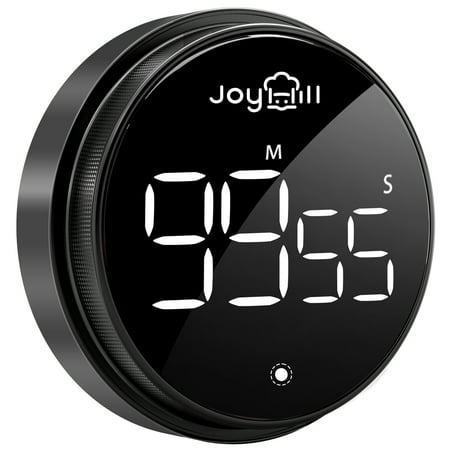
We can set a timer on our phones, but some might find the apps distracting, leading to further procrastination. Lock your phone away and consider using a separate timer instead to lock-in and focus on your chores.
3. Break tasks down

Chores don’t have to be completed in one fell swoop. Melissa Legere urges us to, ‘Break it down. When cleaning feels like a giant mountain to climb, it’s easy to get overwhelmed and shut down before you even start. That’s when procrastination will kick in. Instead, break it down into smaller tasks – just one room, one section, or even just 10 minutes at a time. When the load feels more manageable, you’re less likely to avoid it, and you’ll actually get things done because you’re not stuck dreading the whole thing.’
If you like to divide your chores, something akin to the different day, different room housekeeping schedules might be helpful to ensure every area gets the attention it needs.
Alternatively, try the one-tool cleaning method, where you vacuum every room one day, then dust every room the next day, etc. until all the tasks are done. Joy Mangano, cleaning expert and co-founder of CleanBoss adds, ‘To trick your brain and save time, use products that double or triple for multiple uses.’

Using a planner and writing down your goals is one of the best ways to set yourself up for a successful decluttering session. This Papier journal comes with daily to-do lists, habit trackers, and goal-planning sheets to help you set targets and foster healthier routines.
4. Try body doubling
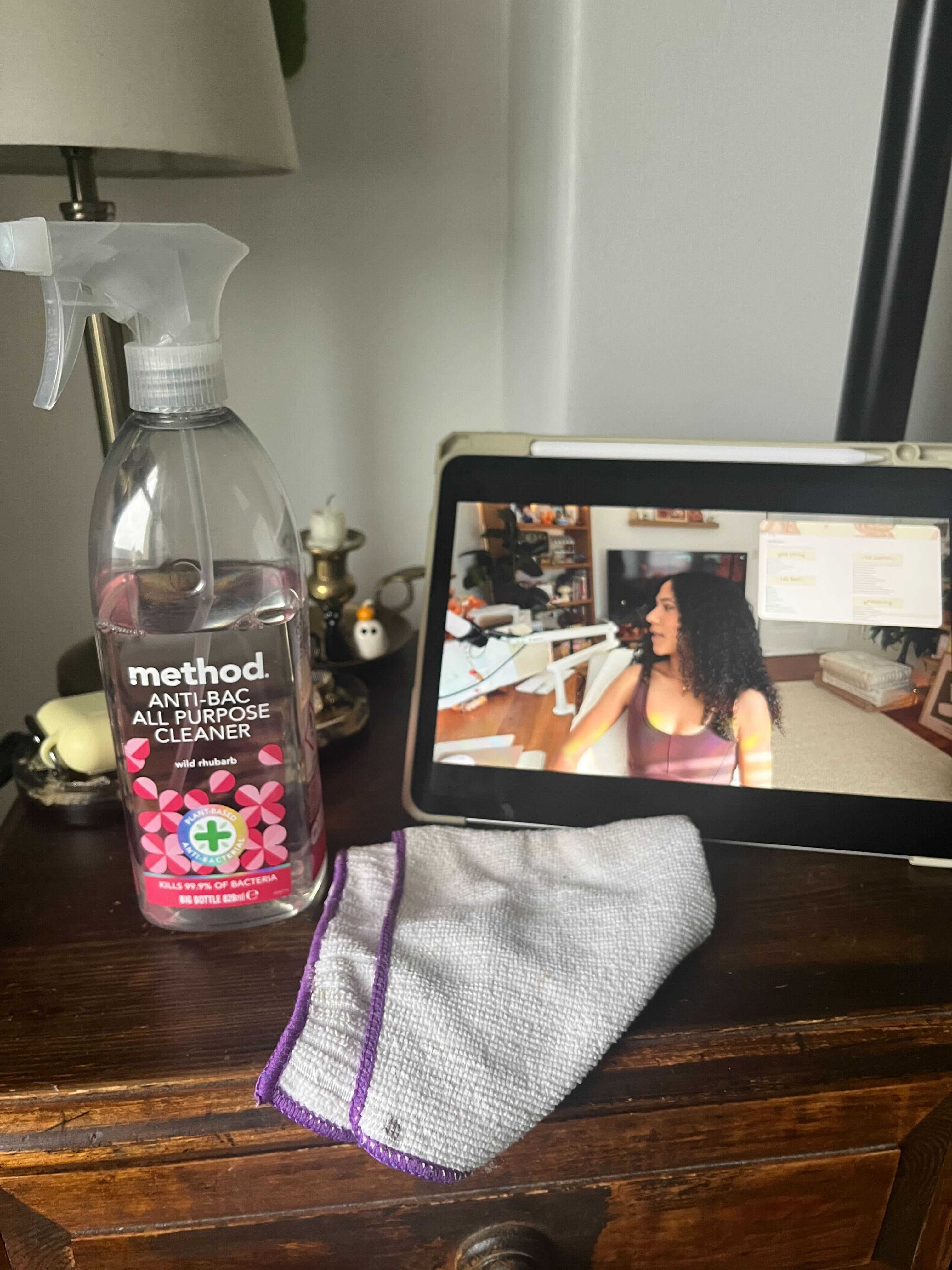
Body doubling is a great way to hold yourself accountable and make cleaning feel less isolating. It involves working with someone else doing the same or similar chores as you, either in person with a friend or family member, or digitally, either on a video call or by using an online video, with several options available on sites such as YouTube.
Silvi shares, ‘Body doubling is a great way to get chores done. You can set up your phone to video chat and get things done while someone on the other line is also working through tasks.’
Melissa Legere adds, ‘Invite a friend or family member. Cleaning is so much more fun when you’re not doing it alone. If you have a roommate, partner, or friend who’s willing to help, turn it into a social activity. You can catch up, listen to music together, or even put on a show in the background while you clean. It makes the time go by faster, and before you know it, the task feels way less like a chore and more like just hanging out.’
I have linked one of my favorite body-doubling vlogs from YouTube as a great example, below.
5. Task stack
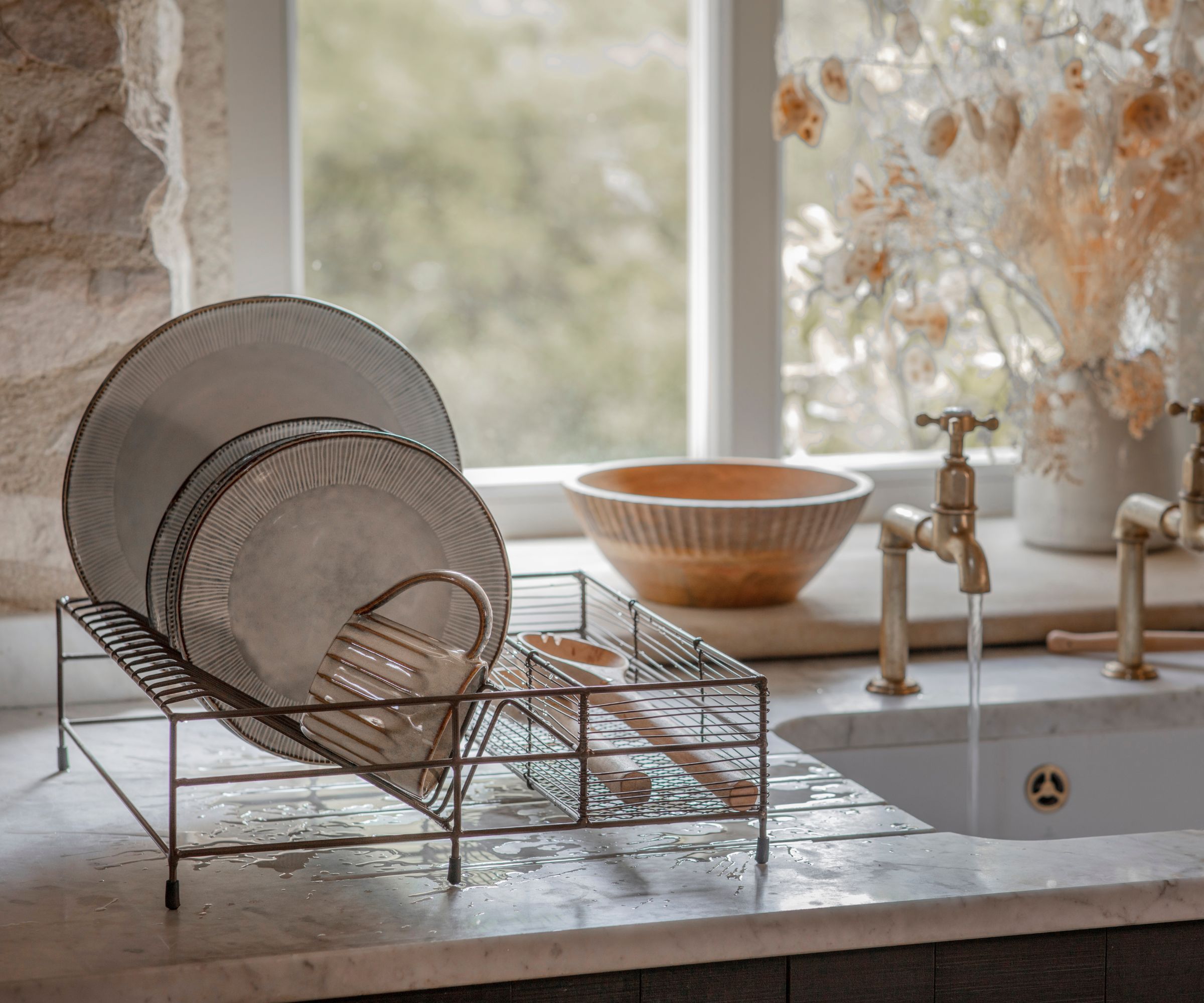
If you would rather ‘eat the frog’ and blast through your chores as quickly as possible, task stacking might be for you. To efficiently task stack, you group chores together based on type, area, or duration to tick off several things at once.
For example, tidying and decluttering as you walk around dusting your surfaces, or starting to load a dishwasher as you wait for your dinner to finish cooking. Working like this stops tasks from building up, resulting in a far more manageable to-do list.
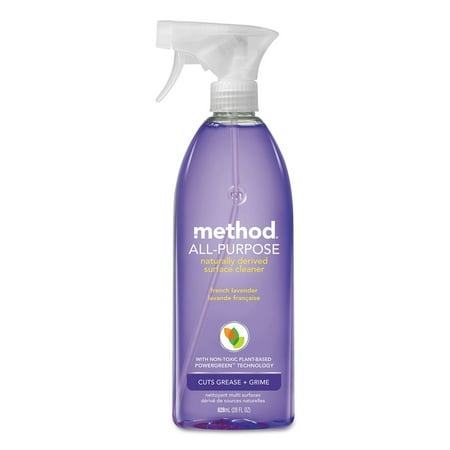
Having all the essential cleaning supplies on hand will make quickly diving into chores simple. A multi-purpose disinfectant spray is a great investment, helping you tackle most household surfaces without having to go back and forth to your cleaning cabinet.
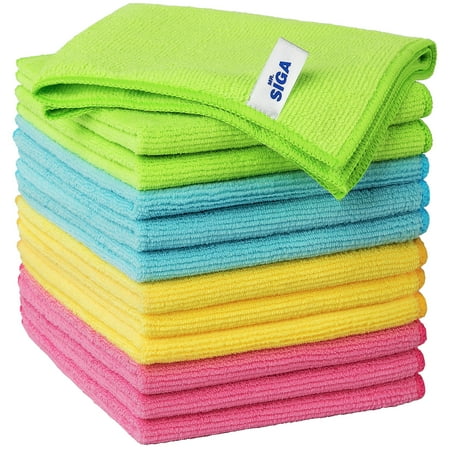
Microfiber cloths are machine washable, making them reusable and sustainable. Simply toss them in the washing machine after use with regular detergent and no fabric softener to reset ready to use again.

The Damp Duster is great for allergy sufferers as it removes all dust, pollen, pet hair, and more, affordable, reusable, and conveniently sized, and, better yet, is easy to clean – simply wash the sponge with water to remove dust and grime.
6. Use a rewards system

Rewards might sound a little childish, but it can be just as effective to motivate yourself to declutter or clean. Silvi says, ‘It can be as simple as ordering dinner after you get chores done as a reward in which you meet a need of yours that requires little to no cleanup.’
The rewards don’t have to be instant, either, you can ‘employ’ yourself to clean for a day, putting a small amount of money aside afterward each successful chore day until you have a nice savings pot ready to splurge on a bigger treat.
Meet the experts
FAQs
How can you trick an ADHD brain into doing things?
People with ADHD are all different, however, it is generally thought that setting strict deadlines for tasks can help to tackle procrastination and executive dysfunction. You can also make sure that the first task on your to-do list is one that you know is 100% completable that day, giving a sense of accomplishment that can help you enter a ‘flow state’ and power through the rest of your chores more easily.
How can you get dopamine from doing chores?
There are several ways you can get dopamine from completing chores. Some people might find physically ticking items off a list until it is empty satisfying, helping them to feel accomplished. Others might benefit from taking before and after photos for a visual reminder of their accomplishments to boost dopamine. Otherwise, consider body doubling and working with a friend to make the tasks more sociable.
It is all well and good to find ways to boost productivity and reduce chore stress, but if you do not weed out some counterproductive cleaning practices, you will find yourself running in loops.







